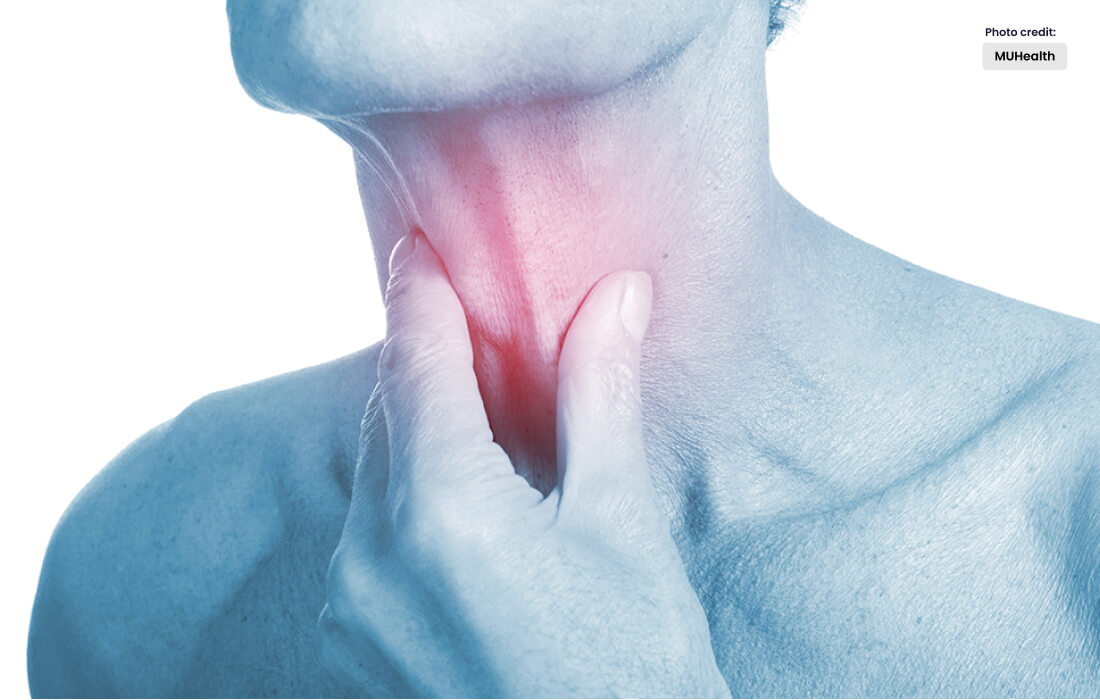Decoding Sore Throats: Symptoms as Clues to Underlying Health Issues.
We’ll delve into what sore throat are, what causes them, and which symptoms to watch out for. We’ll also provide you with some tried-and-true treatments, drugs, and cures, as well as a list of symptoms that should be reported to your doctor.
Sore throat remedies:

Strepsils Honey and Lemon Lozenges are available from local chemist:
Getting a good night’s sleep at night may be challenging when you have a sore throat. Consider using Strepsils Honey & Lemon Lozenges, which contain two potent antiseptics (2, 4-Dichlorobenzyl alcohol 1.2 mg, Amylmetacresol 0.6 mg) to combat infection and offer quick relief to stop sore throat pain from growing worse.
It begins to work right away and has been shown to be effective for up to two hours, according to science. It helps you get rid of your sore throat so you may continue your day or enjoy a good night’s sleep.
Eat a healthy diet:
To keep your immune system strong, make sure you’re consuming enough nutrient-dense foods that are balanced in terms of vitamins and minerals. You might not be aware of this, but your body requires more nutrition when you have an infection.
Keep an eye on your surroundings:
A throat might become irritated during the day when the environment changes, such as when it is dry or smoky. Avoid smoking and pay attention to temperature changes.
Stay hydrated:
Staying hydrated throughout the day is made easier by drinking water, which can also make a sore throat feel better. Though they can irritate your throat, stay away from hot beverages. It can also be calming and hydrating to sip on ice cubes or ice cream.
Before going to bed, steam:
To add moisture to the air and be ready for a restful night’s sleep, use a humidifier before bed. Adults can also breathe steam from a bowl of hot water; menthol or eucalyptus drops may also be added for added benefit. You could experience negative effects from a contaminated humidifier, though. To get rid of bacteria, make sure your humidifier receives routine cleaning and disinfection.
Take some rest:
Lastly, getting enough sleep can help you fend against viral illnesses. Your immunity is strengthened by sleep. Less sleep can decrease the levels of white blood cells, which can be weakened by illness. White blood cells grow during viral infections that cause sore throats and other related head colds.
Symptoms of a sore throat:
When you have a sore throat, you can usually tell quite quickly. Your throat feels scratchy, rough, and possibly uncomfortable. But there are many different forms of sore throats, just as there are several causes of them. Make a short list of the many types of sore throats you have. Consider this:
- When I swallow or touch my throat, does it ache all the time, or only then?
- Is it always painful, or does it only hurt at particular times of the day, such as when I
- first wake up or after a trip outside and return home?
- Does it hurt consistently or sometimes occasionally?
- Do I feel any pain at the top of my throat? In the centre? Everywhere?
- Do I have any more symptoms? Nose congestion, fever, or headache? Then what else?
You can determine what’s causing it, how to treat it, and when to see your doctor after you take a step back and pay attention to how your sore throat feels and what else is going on with your body.
What causes a sore throat?

Viral, bacterial, and irritants and injury-related conditions are the three main types of sore throat causes. Other symptoms, like fever, are brought on by some reasons. Thankfully, the bulk of these are widespread, curable, and simple to overcome.
Volatile factors:
Don’t be shocked if one of these viruses is to blame for your sore throat considering how frequently viruses are spread around us:
- The common cold
- The influenza virus
- COVID-19
- An infection of the vocal box called laryngitis.
- The coxsackievirus, which causes hand-foot-and-mouth disease and causes mono, is also known as mononucleosis, mumps, and herpangina and causes ulcers in the mouth and throat.




